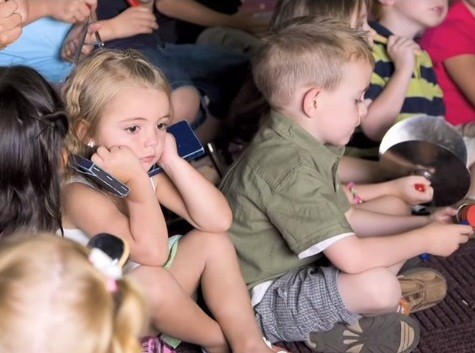Kids who have developed social and emotional skills during their preschool years are more likely to fare well in school and stay out of trouble with the law, according to a new study.
Published in American Journal of Public Health, the study was conducted by researchers from Pennsylvania State University and Duke University based on kindergarten teachers' rating of several hundred kids in rural Pennsylvania; Durham, North Carolina; Seattle; and Nashville, Tennessee.
Primary research writer Damon Jones explained that teachers focused on a set of skills that included the extent to which the children listened, cooperated, shared materials, interacted and resolved problems with peers.
How the kids interacted with adults and how they got things done was also factored in. The kids were then closely followed for the next 13 to 19 years into their young adult years, NPR has learned.
The key finding quashes the commonly held notion of many parents that intellectual ability signals success in school and later on, careers. Socio-emotional skills developed early in life have statistically significant correlation to young adult outcomes in terms of education, employment, criminal activity, substance use and overall mental health.
Moreover, it supports what psychologists have long stated, which is people are inherently social animals. Moreover, it underscores the importance of building a good foundation for emotional intelligence that employers later on seek.
When kids understand other people's emotions and get along well with others, it can help curb problematic behavior when they grow older. Social and emotional skills can shape thinking, behavior and even overall wellness.



























